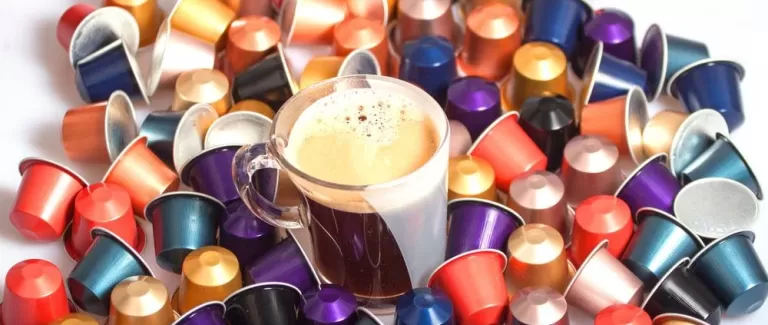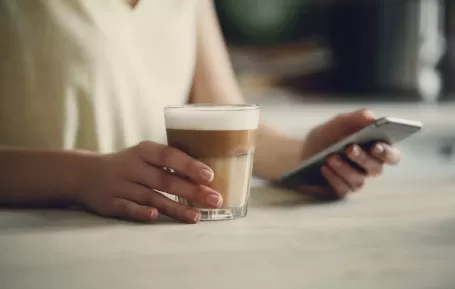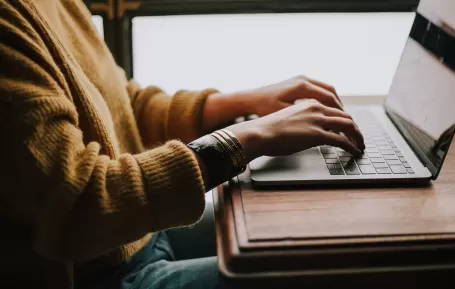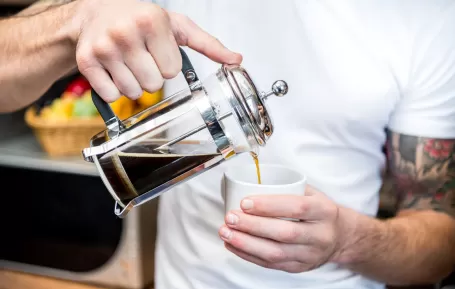Pods and capsules have become the method of choice for many coffee lovers to get their daily java fix. According to consumer research group Kantar Worldpanel, UK spending on coffee pods rose by over 30% last year and in 2015 we threw away roughly 260 million individual coffee pods. That’s a staggering amount of packaging and it all ends up in our landfill sites.
These single-serving coffee pods or capsules contain up to six grams of coffee in three grams of packaging, which is very hard to recycle, as it contains a mixture of different materials, combined with elements of coffee which remain inside.
The forward-thinking German city of Hamburg has already banned coffee pods from its council buildings on the grounds that they cause “unnecessary resource consumption and waste generation, and often contain polluting aluminium.” Sadly, these coffee pods are still piling up in UK landfill sites, and fast.
As well as being bad for environment, coffee pods cost more than making fresh coffee from quality beans. The pods are a costly and inefficient way of brewing coffee, as each pod can only be used once before being disposed of.
The inventor of America’s biggest selling single serving coffee pod, John Sylvan, was quoted last year as telling a journalist, “I feel bad sometimes that I ever did it.”
There’s no substitute for the rich taste of freshly ground coffee beans, that’s why all our coffee machines use real coffee beans, rather than any pre-ground, pre-packaged alternatives.
If you do find yourself having leftover or old beans or grounds, here are twenty things to do your used coffee.
As well as providing a much richer, tastier coffee at better value for money, our bean-to-cup machines at the Office Coffee Company don’t require any coffee pods. We offer a choice of fairtrade coffee beans and speciality beans.
Book a tasting, and see for yourself.



